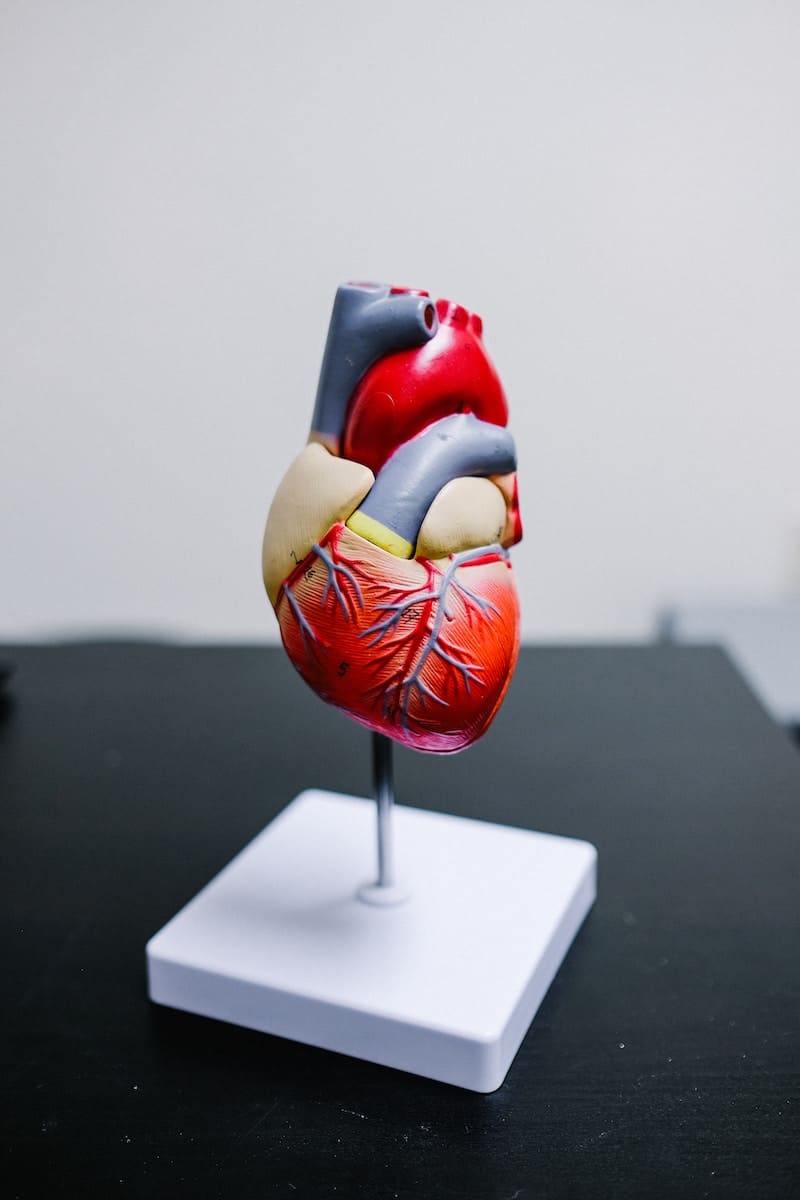
Causes of Bronchitis and Asthma
Asthma and bronchitis are closely linked conditions that both affect the health of the airways. Asthma is a chronic lung disease that causes the airways to become inflamed due to irritants, allergies, and other triggers. Everything from pet dander to cold air can trigger the swelling, causing an asthma attack to arise.
Bronchitis, on the other hand, is swelling in the bronchial tube lining, which can either be chronic or acute. In its acute form, chest colds usually bring on this condition, while chronic bronchitis arises due to recurrent irritation to the lungs. Smoking is the most common cause of the chronic condition, though frequent exposure to dust, pollution, and other irritants can also contribute to its development.
If you have asthma, you are much more likely to develop chronic bronchitis, as that condition irritates the bronchial tubes. This condition is called bronchial asthma and it requires regular medical care to control.
Bronchitis versus Asthma Symptoms
Both asthma and bronchitis cause a serious cough that often slowly worsens. As the episode progresses, the symptoms tend to differ greatly, which makes diagnosis more practical.
Beyond coughing, the symptoms of bronchitis usually include:
- Shortness of breath
- Chest tightness
- Congestion
- Generally feeling unwell
- Chills
- Headache
- Body aches
- Sore throat
A cough caused by bronchitis usually produces green, yellow, or white mucus. But if these symptoms appear with a fever, then the cause is more likely the flu or pneumonia.
Asthma symptoms, on the other hand, do not mimic that of the flu or similar conditions, and are mostly contained within the chest. When asthma strikes, you may:
- Be unable to stop coughing
- Feel short of breath
- Have bouts of wheezing
These symptoms are likely to worsen during the night and in the morning or after coming into contact with any triggers. For that reason, it is important to keep the environment free of smoke, pollen, and other triggers. Plus, you should stay out of cold air and avoid exercise until the problem is resolved.
Diagnosing Conditions
Whenever you feel like you cannot get a full breath in and the problem is not getting any better, you should plan to seek medical attention right away. As Dr. Gregory Blomquist, Chief Medical Officer with Community Med urgent care clinic in Prosper, Texas, advises, “With any condition that you’re not completely certain of, it always pays to get diagnosed and treatment begun as quickly and as effectively as possible.”
A medical professional can usually discern between asthma and bronchitis by learning about your symptoms and performing an exam. They will ask about your health history and take a close look at when your symptoms arise most often. During this discussion, they will also ask about any known triggers and what happens when you are exposed to them.
The exam will include listening to your lungs to see if you are wheezing or exhibiting any other surefire signs. Depending on the findings, there may also be a few tests. Tests can show how much air your lungs can hold, how much air you exhale with each breath, and how fast you get all the air out.
Your medical facility may also elect to have a chest x-ray performed to verify your symptoms are not caused by pneumonia. The x-ray results will reveal any signs of infection and help confirm the exam findings. Upon ruling out infection, the diagnosis can say whether you have asthma, bronchitis, or even bronchial asthma.
Treatments for Asthma and Bronchitis
If you have asthma, you and your medical provider will create an asthma action plan that details what medications to take on days of differing affliction. The plan will also let you know what symptoms indicate a problem and when to seek more care, especially with danger signs such as:
- Medications not working
- Breathing too hard or too fast
- Nostrils flaring wide with each breath
- Difficulty speaking normally
Depending on the severity of the condition, your health provider may prescribe a number of medications to help open the airways, including inhalers and nebulizer medications. These medications should always be taken as prescribed to keep your lungs functioning to the best of their ability.
Treatment of bronchitis usually only requires over-the-counter medications designed to reduce mucus and prevent excessive coughing. You may also use over-the-counter remedies to treat your headache, sore throat, and other symptoms as needed to stay comfortable while you recover. In addition, your medical provider may have you increase your fluid intake to keep dehydration at bay, and use a humidifier to reduce congestion.






